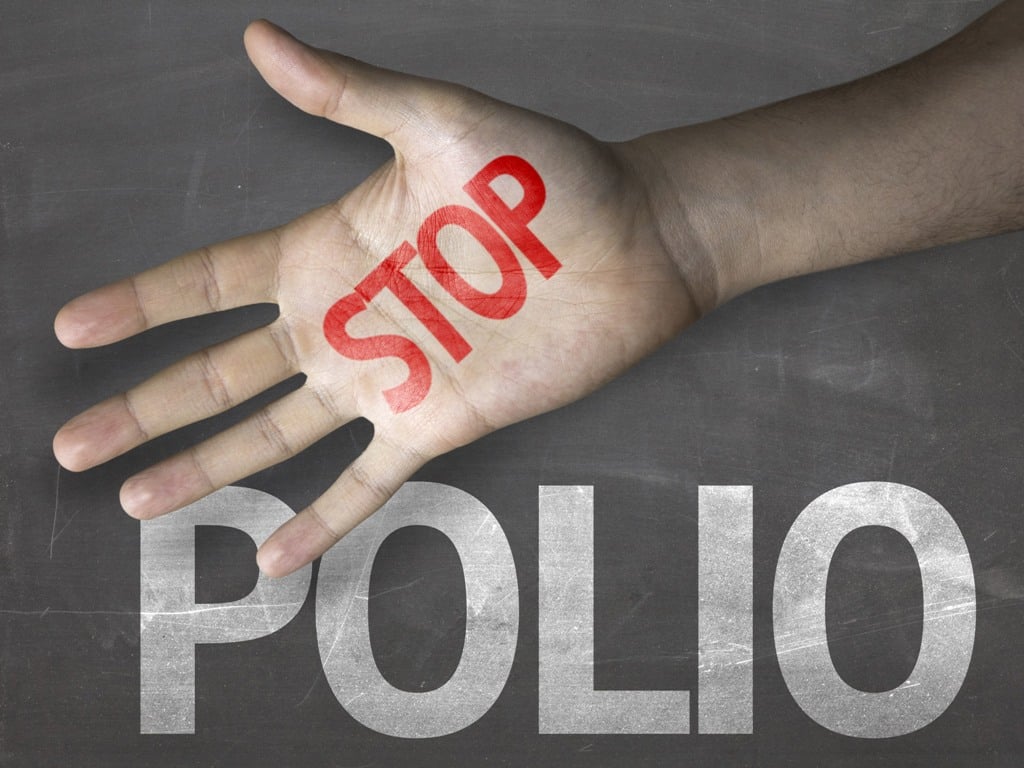
Balochistan Chief Secretary Shakeel Qadir Khan chaired a high-level meeting to review preparations for the upcoming anti-polio campaign, which will begin on Monday, September 9. The week-long campaign aims to vaccinate over 2.6 million children across the province to protect them from polio.
During the meeting, the chief secretary raised concerns about the 12 polio cases reported in Balochistan this year out of the 17 recorded nationwide. He emphasised that the provincial government is using all available resources to ensure the virus is eradicated, with districts such as Chaman, Dera Bugti, Qila Abdullah, Quetta, Jhal Magsi, Zhob, Qila Saifullah, and Kharan being the hardest hit.
Shakeel Qadir Khan urged parents to ensure their children receive the polio drops, warning that failing to do so could lead to permanent disability. He also emphasised that foolproof security will be provided to the teams administering the vaccine, with Frontier Corps (FC) personnel on standby to assist if needed. Strict action will be taken against anyone attempting to obstruct the polio teams.
The CS called on scholars, tribal leaders, and religious figures to help convince hesitant parents to vaccinate their children. More than 11,000 teams have been prepared for the campaign, and the provincial government remains confident that with continuous efforts, the virus can be eradicated.
Polio remains a significant health challenge in Balochistan, one of Pakistan's most vulnerable provinces. Despite efforts by the government and international health organisations, Balochistan continues to experience sporadic cases of polio, contributing to Pakistan's status as one of the last two countries where the virus remains endemic.
Factors such as remote geography, poor healthcare infrastructure, low literacy rates, and resistance to vaccinations, particularly in rural areas, have impeded the success of immunization campaigns.
Frequent security issues, including attacks on polio workers, have further hindered eradication efforts. Tribal and religious misinformation, falsely linking the vaccine to infertility or foreign agendas, exacerbates the challenge of achieving widespread vaccination coverage. The provincial capital, Quetta, and districts like Pishin and Qila Abdullah have been identified as high-risk areas for polio transmission.
Despite these hurdles, the government, in collaboration with the World Health Organization (WHO) and UNICEF, continues to push vaccination drives, deploying health workers across the region.

1732013245-0/now-you-see-me-(1)1732013245-0-405x300.webp)
1730959638-0/trump-(19)1730959638-0-165x106.webp)




1732011525-0/Express-Tribune-(8)1732011525-0-270x192.webp)
1732004108-0/Express-Tribune-(5)1732004108-0-270x192.webp)
1732000275-0/Untitled-design-(9)1732000275-0-270x192.webp)








COMMENTS
Comments are moderated and generally will be posted if they are on-topic and not abusive.
For more information, please see our Comments FAQ